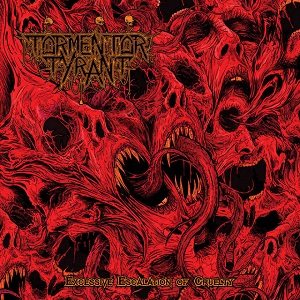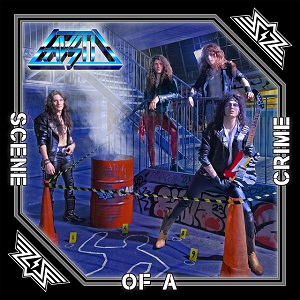DEF LEPPARD Among Other Artists Deal With Tax Issue
April 16, 2005, 19 years ago
The following report is courtesy of Maurice Chittenden from Timesonline.co.u
MILLIONAIRE British rock stars, painters and authors face losing a tax haven an hour’s flight away in Ireland. Britons buying a home in the republic and spending less than 90 days a year in Britain can claim an artistic tax exemption. It means they can avoid paying tax on royalties from albums, scripts, books and paintings. The scheme, designed to help struggling Irish writers and poets, costs the Irish state at least £20m a year. Now pressure from the European Union and public opinion has forced Dublin to review it.
The Irish government is setting up an inquiry team to examine tax breaks given to artists and others.
Native beneficiaries have included the Corrs, Samantha Mumba and U2, while Britons who have latched on to the scheme have included the novelist Frederick Forsyth, the rock bands Spandau Ballet and DEF LEPPARD, and the singer Lisa Stansfield. The latter still has a home in the republic.
John Simpson, the BBC’s foreign affairs editor, has returned to Britain after seven years’ “tax exile” in the republic during which he wrote three books.
Irvine Welsh, the Scottish author who wrote Trainspotting, has moved to Dublin to write his next novel, Bedroom Secrets of the Master Chef, while his girlfriend studies at university there.
An insider said: “It is one thing to support artists struggling in a garret and another to let pop stars like U2 off the hook for album royalties.”
The inquiry team is likely to recommend that tax breaks are capped at a realistic level above which nobody can be said to be struggling. This could mean paying taxes on royalty payments on records and books once they have reached ?100,000 (£68,600) a year. Proceeds from the sales of paintings and sculptures would be similarly taxed.
The artistic tax exemption scheme was introduced in 1969 by Charles Haughey when he was finance minister. Its supporters say its legacy has been to give Ireland a worldwide reputation as an artistic centre. Critics say it is open to abuse.
Joan Burton, a member of the Irish parliament and finance spokeswoman for the Labour party, said: “There has been quite a flow of British people who have come here. Some have just resided here during the high point of their earnings and then returned home. The major earners are people who have royalties from songwriting like Bono.”
The Department of Finance in Dublin confirmed that the tax exemption was to be reviewed. Under the scheme, the republic’s taxmen have to determine whether books, records, paintings and plays have “cultural or artistic merit”.
The Irish Revenue Commissioners have published a list of 1,512 people who did not pay any tax on their artistic earnings between 1998 and 2002. It includes Welsh, Simpson, the singer Sinead O’Connor, the singer Elvis Costello and his former wife Cait O’Riordan of the Pogues. Pauline McLynn, the actress who played Mrs Doyle in the Father Ted comedy series, claimed the exemption on four works of fiction.
Mary Cloake, director of the Irish Arts Council, defended the scheme, saying: “Brand Ireland is based to a large extent on our creative and artistic output.”
Both Welsh and Simpson say their decision to move to Ireland was motivated by other reasons, but that the tax exemption scheme has proved a bonus.
Welsh, who has lived in London, Amsterdam, Chicago and San Francisco in recent years, said he had become fed up with moving about and wanted to be in one place “to sit down in front of the fire with my pipe and slippers”.
Simpson, who wrote his autobiography, Strange Places, Questionable People, and other books at his home in Dalkey, near Dublin, said: “The scheme is marvellous. What other country has a literary bureau in the tax system which goes through a book and decides whether it has artistic merits?”











